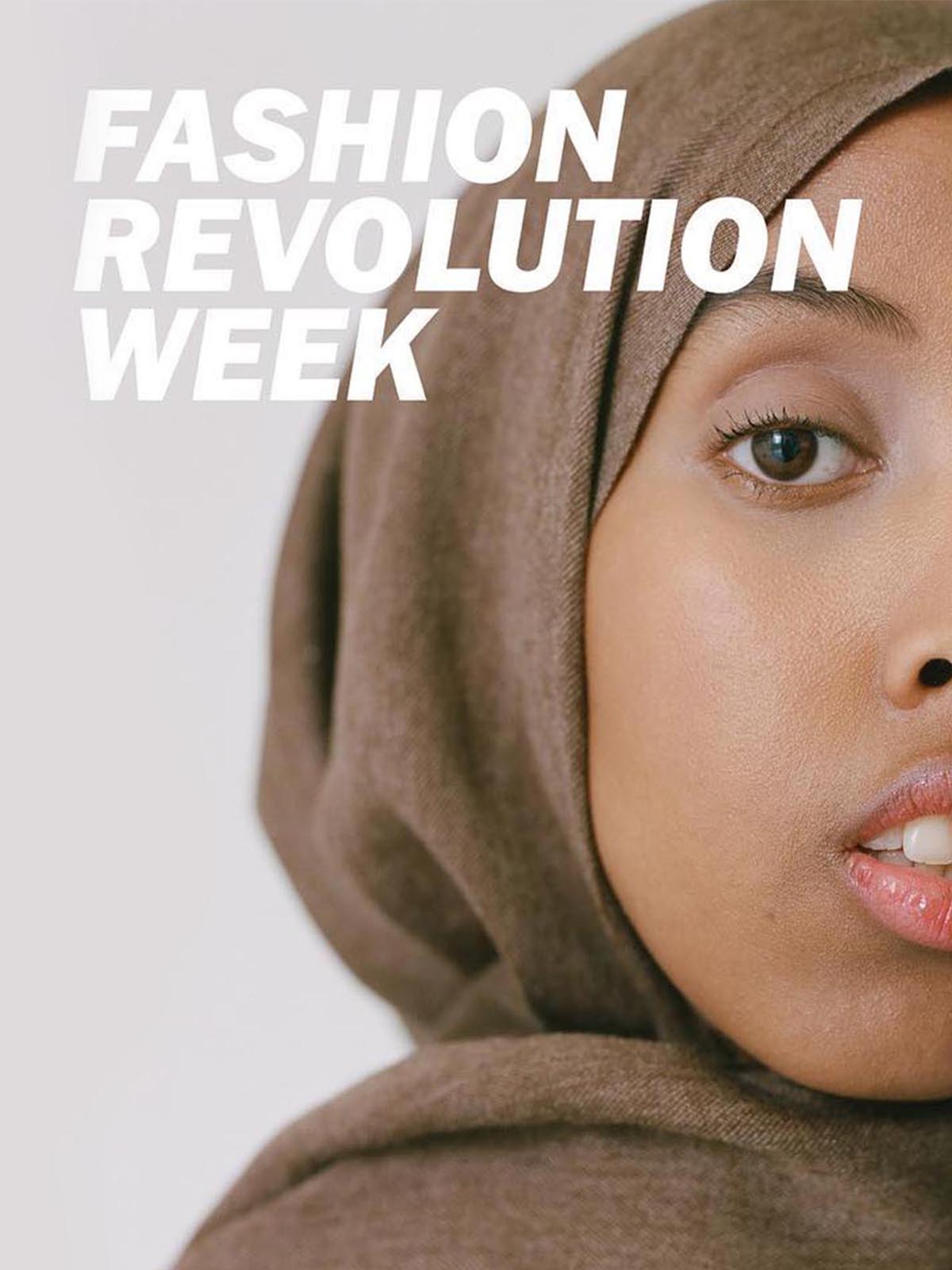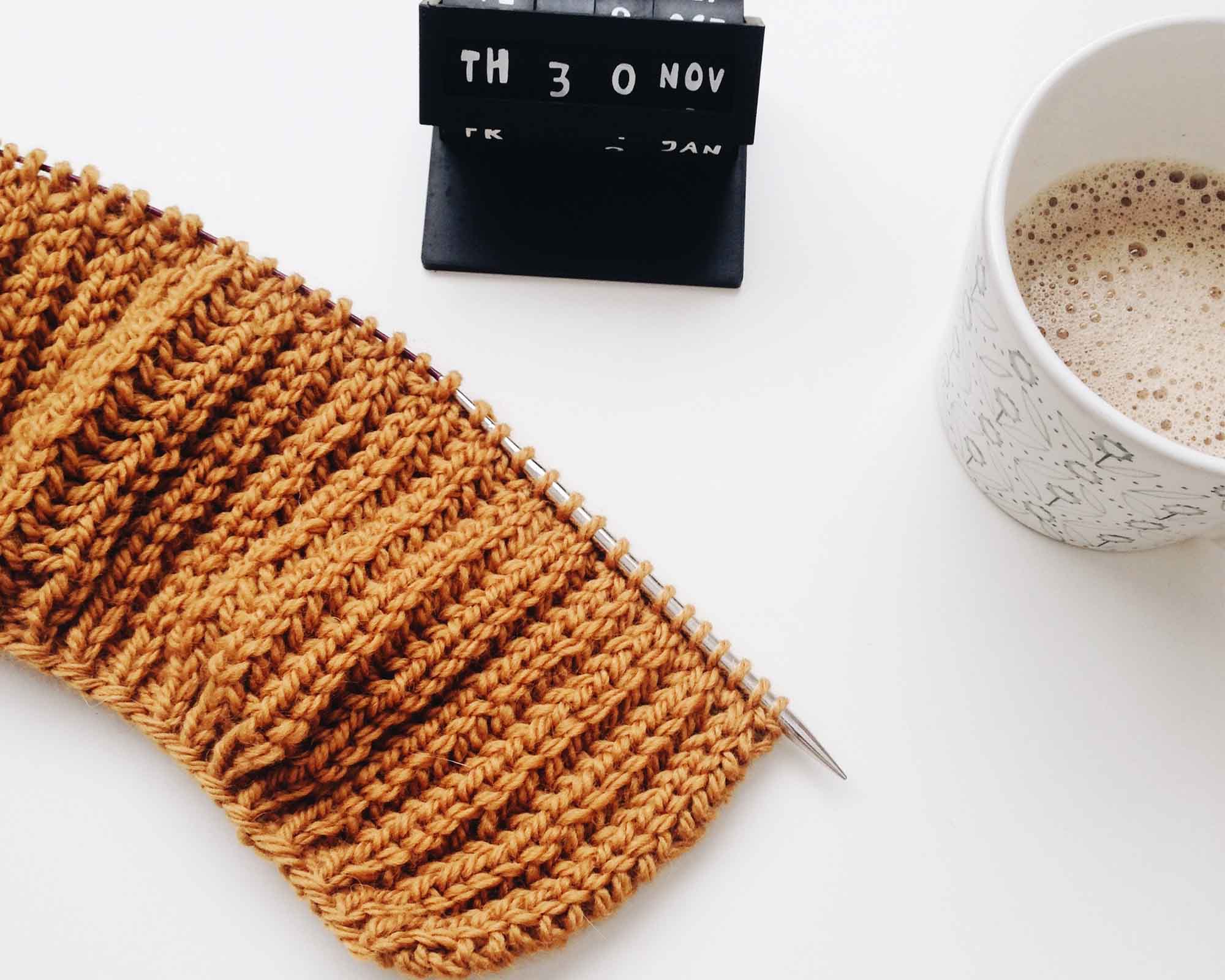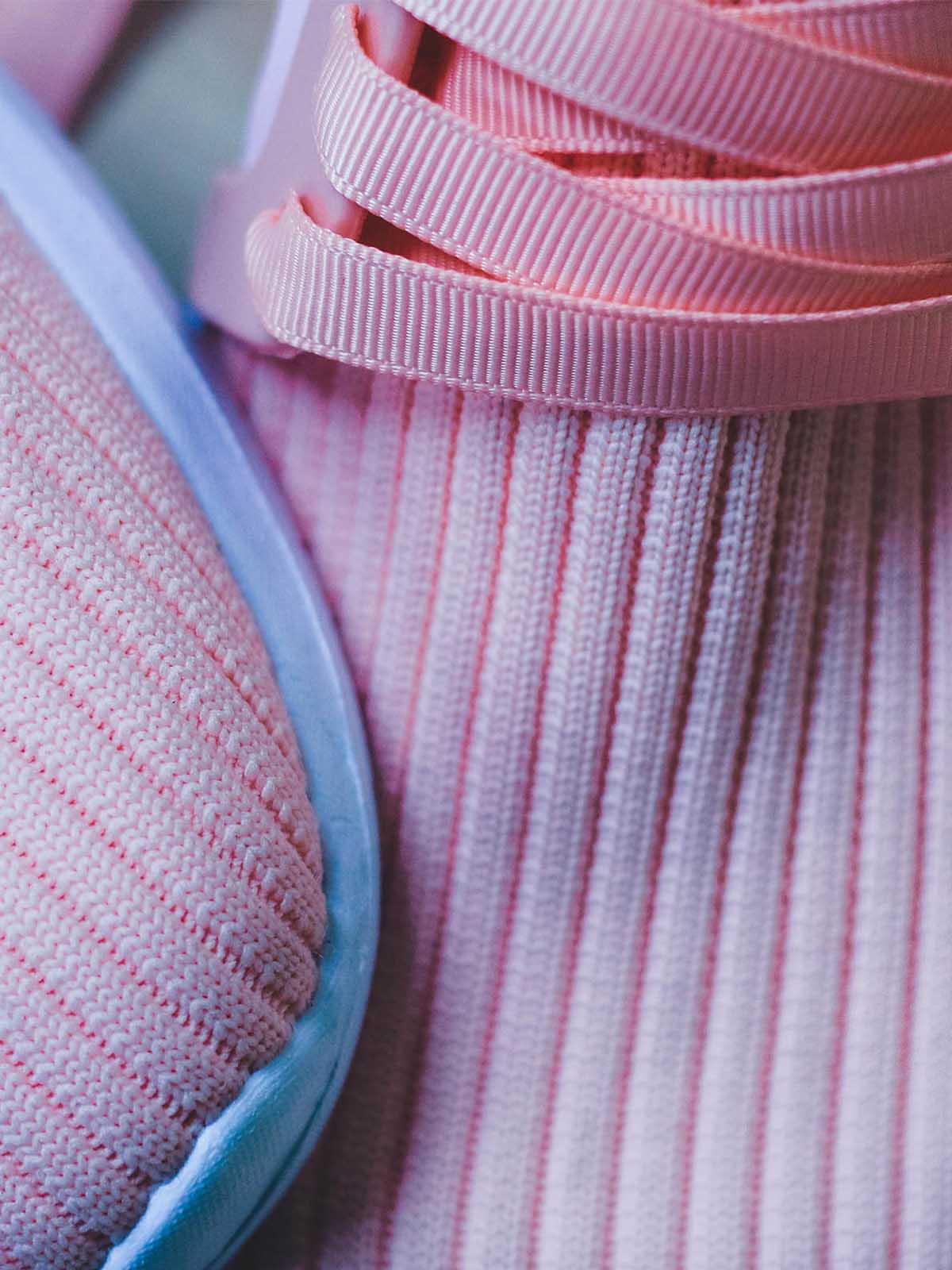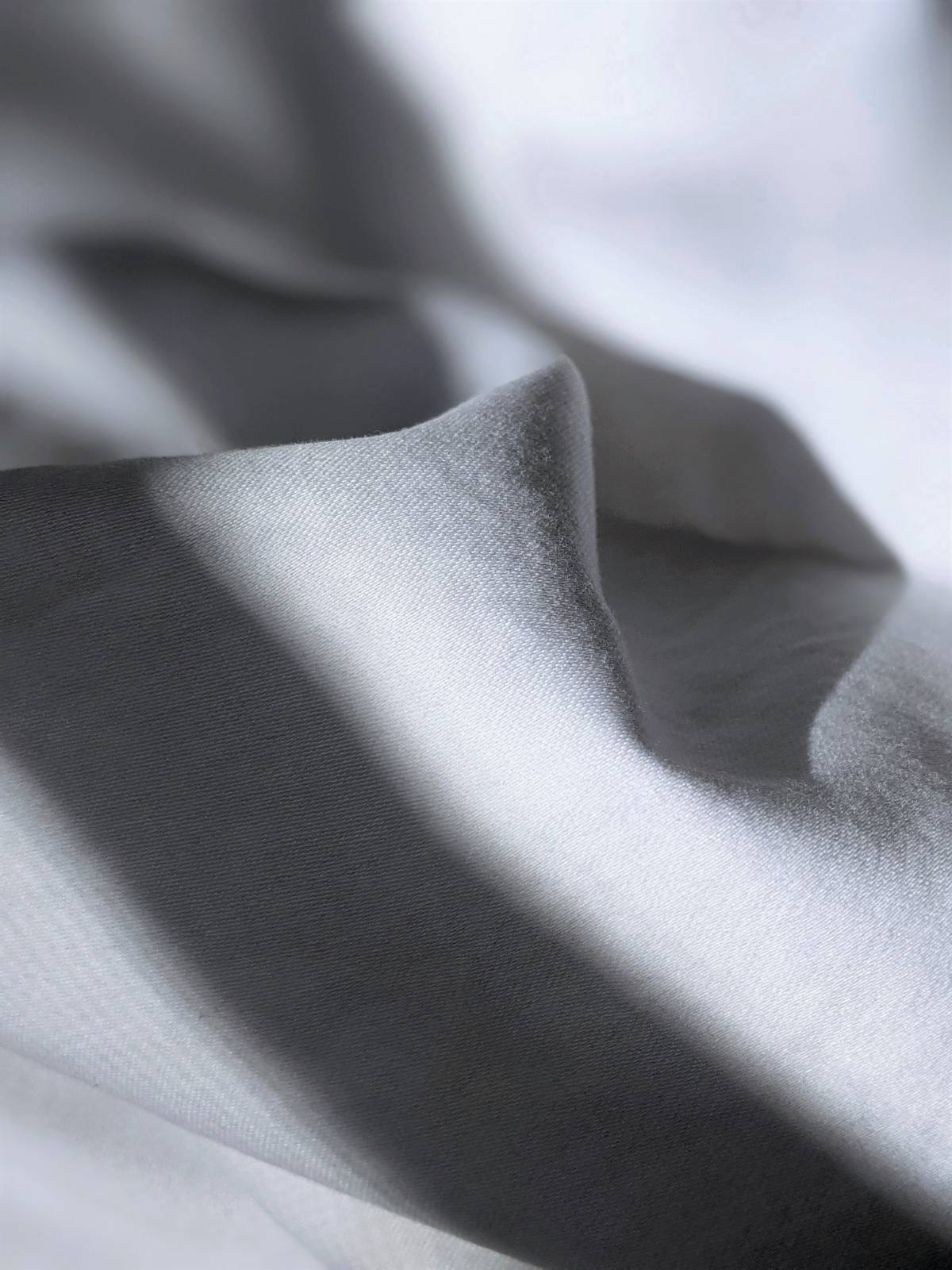When cooler weather approaches, it’s time to pull out your favourite socks, scarves, and gloves to get nice and cosy. We all know the drill: great knitwear needs to be warm, snug, stylish, and silky soft. In order to achieve this end, a lot of designers turn to angora for the super soft warmth we all know and love. At Good On You, we love a warm jumper as much as the next person. But can angora ever be ethical?
What is angora?
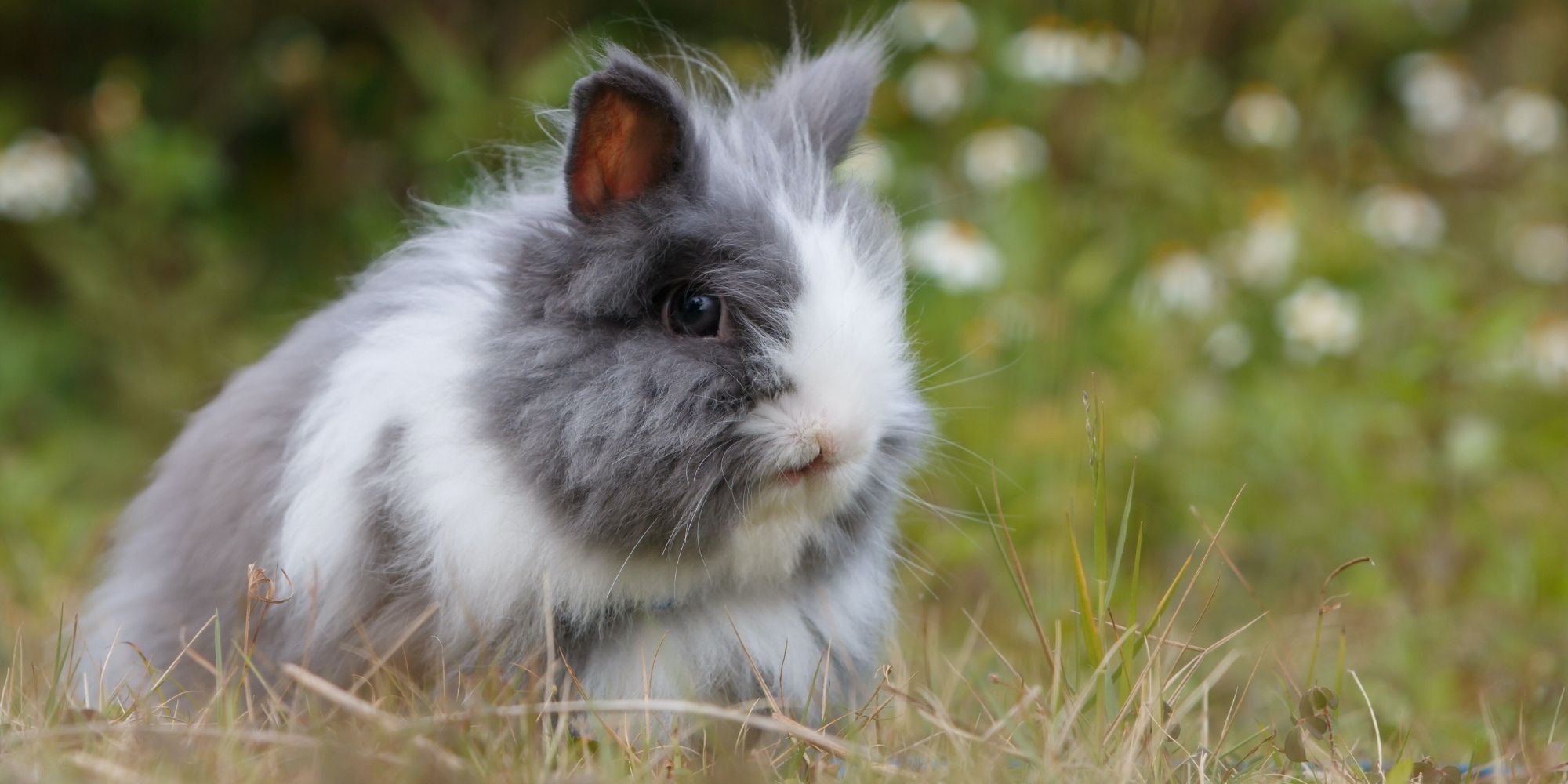
Angora is a long, silky fibre obtained from one of the four breeds of angora rabbit. The fur is highly prized for its softness, warmth, and strength. It is often blended with other wools to add softness to jumpers, scarves, and all things warm and wintry. The production of angora has come under fire since PETA released information about the appalling conditions in which it was being produced in several Chinese factories. As a result, many major fashion labels ceased using the controversial fibre. So can there be a way to share the fur without harming the bunnies, or is it best avoided entirely?
How is angora produced?
Angora is hair that’s live plucked or cut from angora rabbits. Whether farmers pluck or shear angora rabbits, it’s all physically and psychologically devastating for these small prey animals who fear being picked up and are prone to heart attacks in stressful situations.
Large-scale commercial angora production often favours plucking, since longer angora hairs attract a higher price. This is the practice that has led to the intense criticism of the angora industry, as plucking the rabbits causes the animals pain and distress. In addition, commercially farmed rabbits are usually kept alone in cages, to avoid them fighting other animals and dirtying their valuable coat.
The largest angora industry is in China, which produces over 90% of the world’s supply of angora. The fur is harvested three to four times per year from more than 50 million Angora rabbits. As rabbits age, they yield less fur and so, after a few years of producing fur, they are killed. China has no standards to regulate the treatment of rabbits used in the angora industry and no penalties for animal abuse.
So, what can we do?
The complexity of global supply chains makes it impossible for consumers to verify exactly how angora wool was made, and in any case, the industry is exploitative, unethical, and unnecessary.
Luckily, corporations are starting to recognise this too, with a number of major brands (including ASOS) discontinuing sourcing products made from angora wool until the industry steps up its ethical standards. Good On You also marks down any use of angora by brands the same amount as fur use, and we don’t consider it an ethical fabric for garments.
You can ensure your winter warmers are ethical by checking the tags of your sweaters and choosing knitwear made from better fibres with lower impacts on the planet, people, and animals, and leaving fur exactly where it belongs: on the backs of the animals who grew it.


